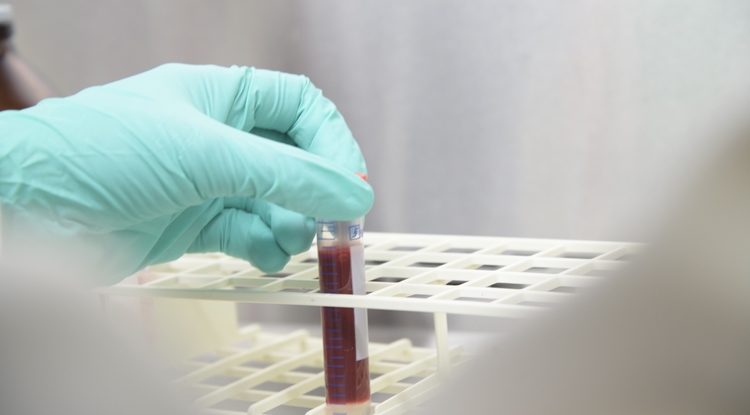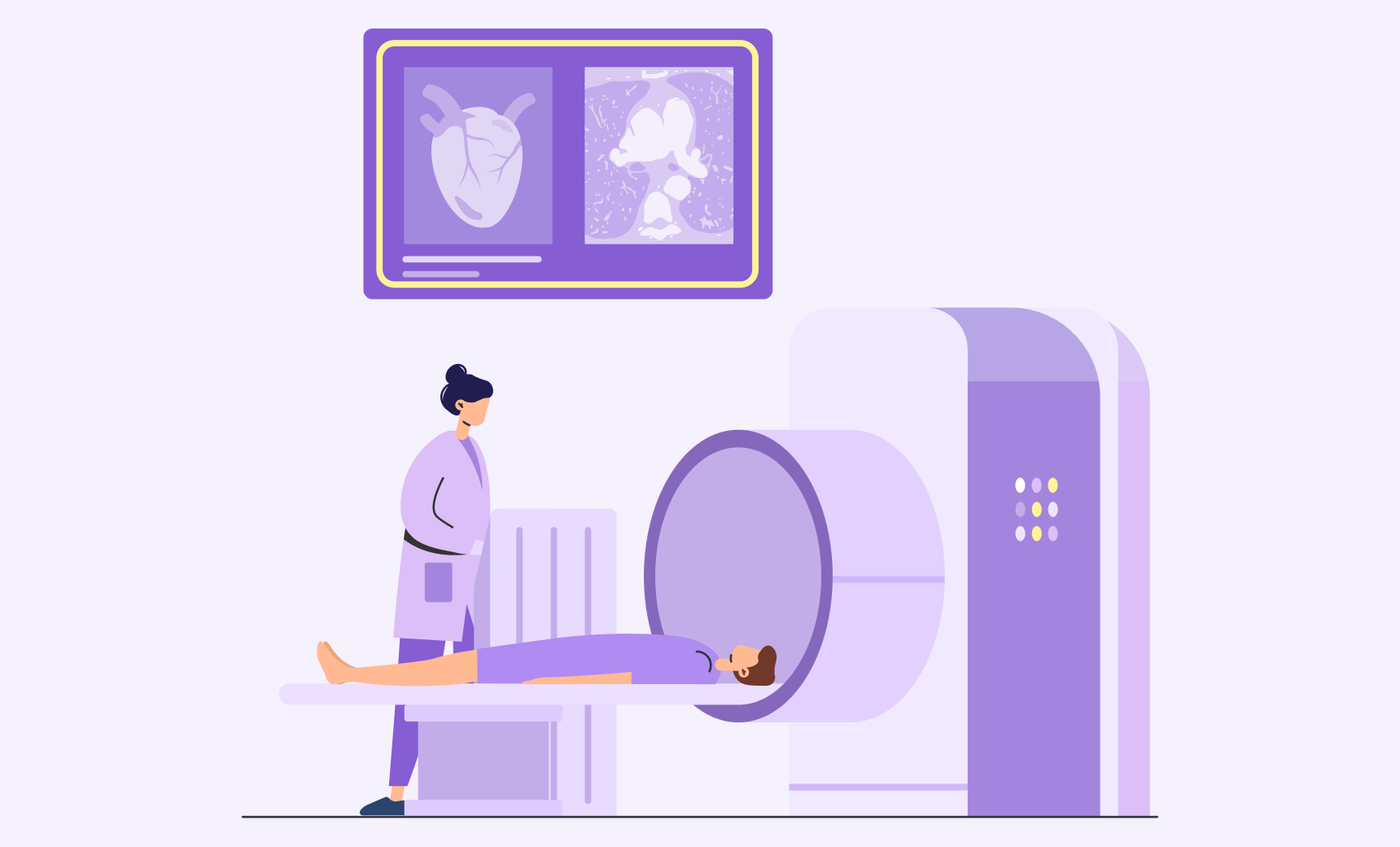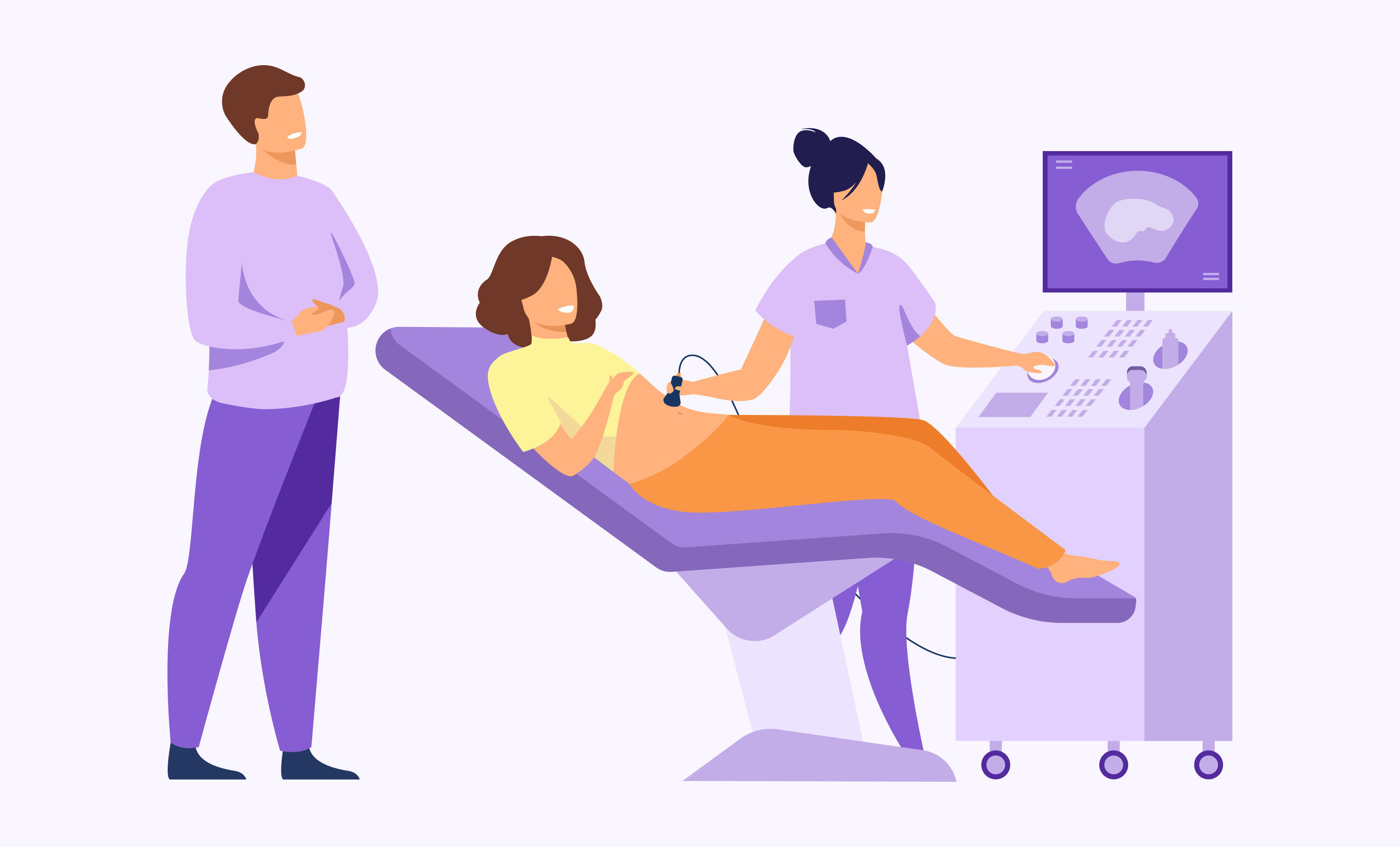
What COVID-19 Antibody Test means for you?
Antibody tests, also known as serologic tests, check your blood for antibodies. They show whether or not there was a previous infection with a virus. Taking the test too early might not yield any result because your body has not produced antibodies to the virus. It takes a few weeks for the body to develop antibodies; therefore, the timing of this test is just as important as the test itself because it may not find antibodies. Antibodies are proteins that help fight off infections. It is important to note that serologic tests should not be the only way to diagnose for COVID-19.
If you test positive:
-
- A positive test result shows you have antibodies that likely resulted from infection with SARS-CoV-2, or possibly a related coronavirus.
- It’s unclear if those antibodies can provide protection (immunity) against getting infected again. Meaning that we do not know at this time if antibodies make you immune to the virus.
- If you have no symptoms, you likely do not have an active infection, and no additional follow-up is needed.
- If you have signs and meet other guidelines for testing, you would need another type of test called a nucleic acid test or diagnostic test. This test uses respiratory samples, such as a swab from inside your nose, to confirm COVID-19. A serologic test alone cannot tell if you have COVID-19.
- You might test positive for antibodies, and you might not have or have ever had symptoms of COVID-19. Which means it is known as having an asymptomatic infection or infection without symptoms.
If you test negative:
-
- If you test negative for COVID-19 antibodies, you probably did not have a previous disease that has gotten better. However, you could have a current illness. You could still get sick if you have been exposed to the virus recently since antibodies don’t show up for 1 to 3 weeks after infection. Meaning you could again spread the virus.
- Some people may take even longer to develop antibodies, and some people may not develop antibodies.
- If you have symptoms and meet other guidelines for testing, you would need another type of test called a nucleic acid test. This test uses respiratory samples, such as a swab from inside your nose, to confirm COVID-19. A serologic test alone cannot tell if you have COVID-19.
Check with your healthcare provider to see if they offer serologic (antibody) tests. Book your antibody test with LabFinder by clicking here.




Andy Alem
The LabFinder Editorial Team is behind The Illuminator and The Insider, LabFinder’s consumer and business blogs.
Dr.Robert Segal
Dr. Segal is CEO and co-founder of LabFinder, as well as a board-certified cardiologist. He began practicing medicine in 2002 and has founded several businesses, including Medical Offices of Manhattan and Manhattan Cardiology.